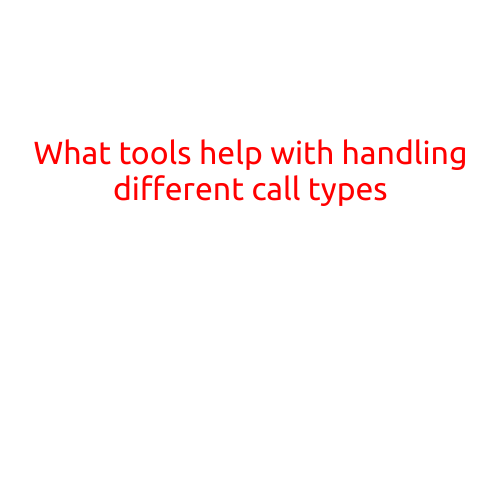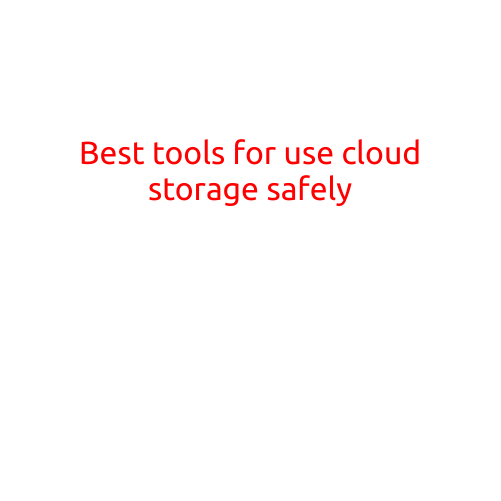
What Tools Help with Handling Different Call Types?
As a customer service representative, handling a high volume of calls from customers can be a daunting task. With each call, the situation is unique, and the customer may be getting frustrated, upset, or even angry. To effectively handle these calls, representatives need the right tools to help them resolve issues efficiently and provide excellent customer service. In this article, we will discuss the various tools that can help with handling different call types.
1. Phone Systems with Advanced Features
A robust phone system with advanced features can help representatives handle different call types with ease. Some key features to look out for include:
- Call forwarding: Automate the process of forwarding calls to different agents or departments.
- Skills-based routing: Route calls to the most qualified agent based on their expertise and language proficiency.
- IVR (Interactive Voice Response) systems: Allow customers to self-serve through automated menus, reducing the volume of calls to live agents.
- Call recording and monitoring: Record and monitor calls to improve quality and resolve any issues that may arise.
2. CRM software
A Customer Relationship Management (CRM) software helps representatives to manage customer interactions, from initial contact to resolution. Some key benefits of CRM software include:
- Contact and interaction tracking: Keep a record of customer interactions, including phone calls, emails, and chats.
- Customer profiling: Gain insights into customer behavior, preferences, and pain points to provide personalized service.
- Task assignment and management: Assign and manage tasks related to customer interactions, ensuring that each issue is addressed.
- Integration with phone systems: Seamlessly integrate CRM software with phone systems to enhance the customer service experience.
3. Chat and Email Management Tools
In addition to phone calls, many customers prefer to contact companies through email, chat, or social media. To handle these interactions effectively, tools such as:
- Email management software: Automate email responses, prioritize, and categorize emails to ensure timely responses.
- Chat platforms: Provide a platform for customers to engage with representatives through live chat, ensuring quick and efficient answers.
- Social media management tools: Monitor and respond to social media messages and comments, ensuring a unified brand voice.
4. Knowledge Base and FAQs
A knowledge base and FAQs can help representatives quickly resolve simple issues, reducing the volume of complex calls. A well-maintained knowledge base and FAQs can:
- Provide easy access to answers: Allow customers to quickly find answers to common questions.
- Reduce repeat calls: Ensure that agents have the information they need to resolve issues the first time.
- Improve consistency: Standardize the language and tone used in customer interactions.
5. Performance Analytics and Reporting
To continuously improve customer service, representatives need to track their performance and identify areas for improvement. Tools such as:
- Call center analytics: Monitor and analyze key performance indicators (KPIs) such as call volume, handle time, and first-call resolution rate.
- Quality monitoring software: Record and evaluate calls to assess agent performance and provide feedback.
- Reporting and dashboards: Provide real-time visibility into call center performance, allowing representatives to adjust their approach.
Conclusion
With the right tools in place, customer service representatives can effectively handle different call types, provide excellent service, and resolve issues efficiently. From advanced phone systems to knowledge bases and performance analytics, investing in the right tools can lead to increased customer satisfaction, loyalty, and revenue.





